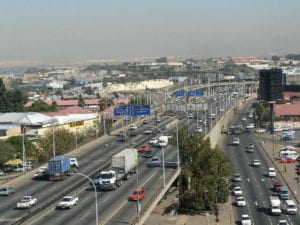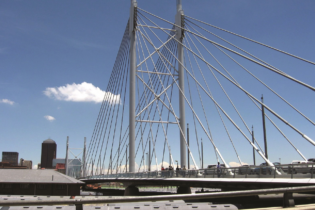The Gauteng Department of Transport has embarked on a campaign to create awareness on the importance of transport as a driver and an enabler for economic growth.
The campaign, which is in line with the province’s October Transport Month campaign, supports the provincial government’s “Transformation, Modernization and Re-Industrialization” programme. Launching the Transport Month activities, MEC for Transport Ismail Vadi said his department’s vision for economic development was heavily dependent on its investment in quality road and transport infrastructure, maintaining existing infrastructure as well as building new infrastructure.Road maintenance and construction
Highlighting some of the department’s progress in road maintenance and construction Vadi noted that the department would officially open two road construction projects, namely the D1944 in north-east Gauteng and Phase 2 of the P249/1 which links Midrand to the North-West Province, which has been upgraded from gravel to a paved road. “Later, we also will launch Phase 3 of the R82 project that will see the construction of a dual carriageway between Walkerville and de Deur in Sedibeng,” he explained. “During this year, the Department’s routine road maintenance teams have bladed over 468 km of gravel roads, re-gravelled 60 km of gravel roads and repaired approximately 68 000 potholes. This also involved repairs to the road furniture and drainage structures, and replacing damaged guardrails and road signs.”







